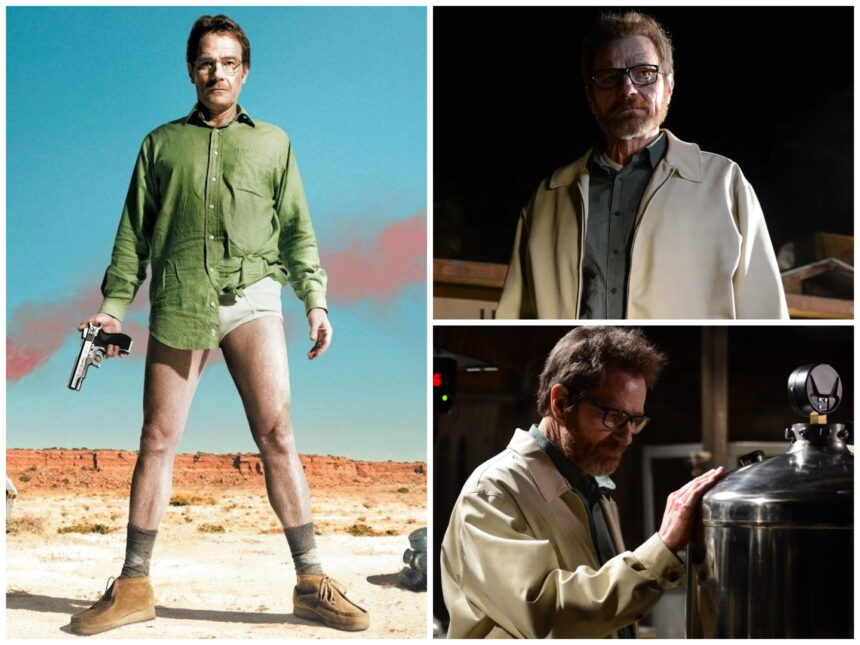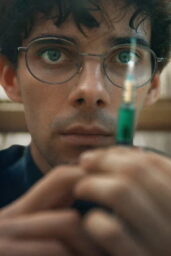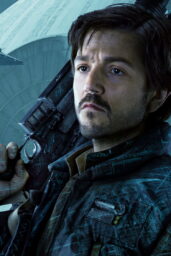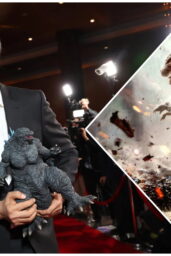I'll say it: Breaking Bad lied to us.
Not in the usual TV way—cliffhangers, red herrings, or that time a character somehow survived a literal explosion. No, Breaking Bad lied in the bones of its narrative. And the most brutal twist? It took five seasons and one gut-wrenching monologue to come clean.
In the final episode, Walt finally drops the act. He tells Skyler—calmly, devastatingly—that he didn't cook meth for his family. He did it for himself. Because he was good at it. Because it made him feel alive. And in that moment, the real Walter White stands up. Not the suburban dad pushed too far. Not the desperate cancer patient. But the ego-drunk monster who'd been behind the wheel the entire time.
“Breaking Bad” Was a Misnomer All Along
Let's get one thing straight: Walt didn't break bad. He was already broken. The genius of Vince Gilligan's storytelling is that it didn't show a man falling—it showed a man shedding. Like a snake molting, Walt slithered out of his teacher skin and revealed the kingpin beneath.
Sure, he wasn't a killer before episode one. But look closer. The arrogance? There. The resentment? Festering. The desperate need to feel important? Off the charts. Walter White was never a tragic victim. He was a villain waiting for a lab coat.
Compare the Tape: This Ain't Tony Montana, This Is Walter Mitty with a Body Count
Hollywood loves the “reluctant descent” story. Think Michael Corleone in The Godfather—drawn into the family business by blood and duty. Or Tony Montana in Scarface—seduced by excess and power.
But Walt? Walt was more like a dark mirror of Lester Burnham in American Beauty: a bored middle-aged man who weaponized his crisis. Only instead of quitting his job and buying a car, he built a meth empire and left a trail of corpses.
And the brilliance? The show had us cheering him on.
The Real Heisenberg Moment? Telling the Truth
Forget the hat. Forget the “say my name.” Walt's true Heisenberg moment wasn't theatrical. It was intimate. Honest. His confession to Skyler—“I did it for me”—wasn't just a character's arc closing. It was the show rewriting its own thesis.
As writer Stephen Marche once said in Esquire, Breaking Bad was “less about transformation and more about excavation.” The final scene didn't show Walt breaking bad—it showed him breaking character.
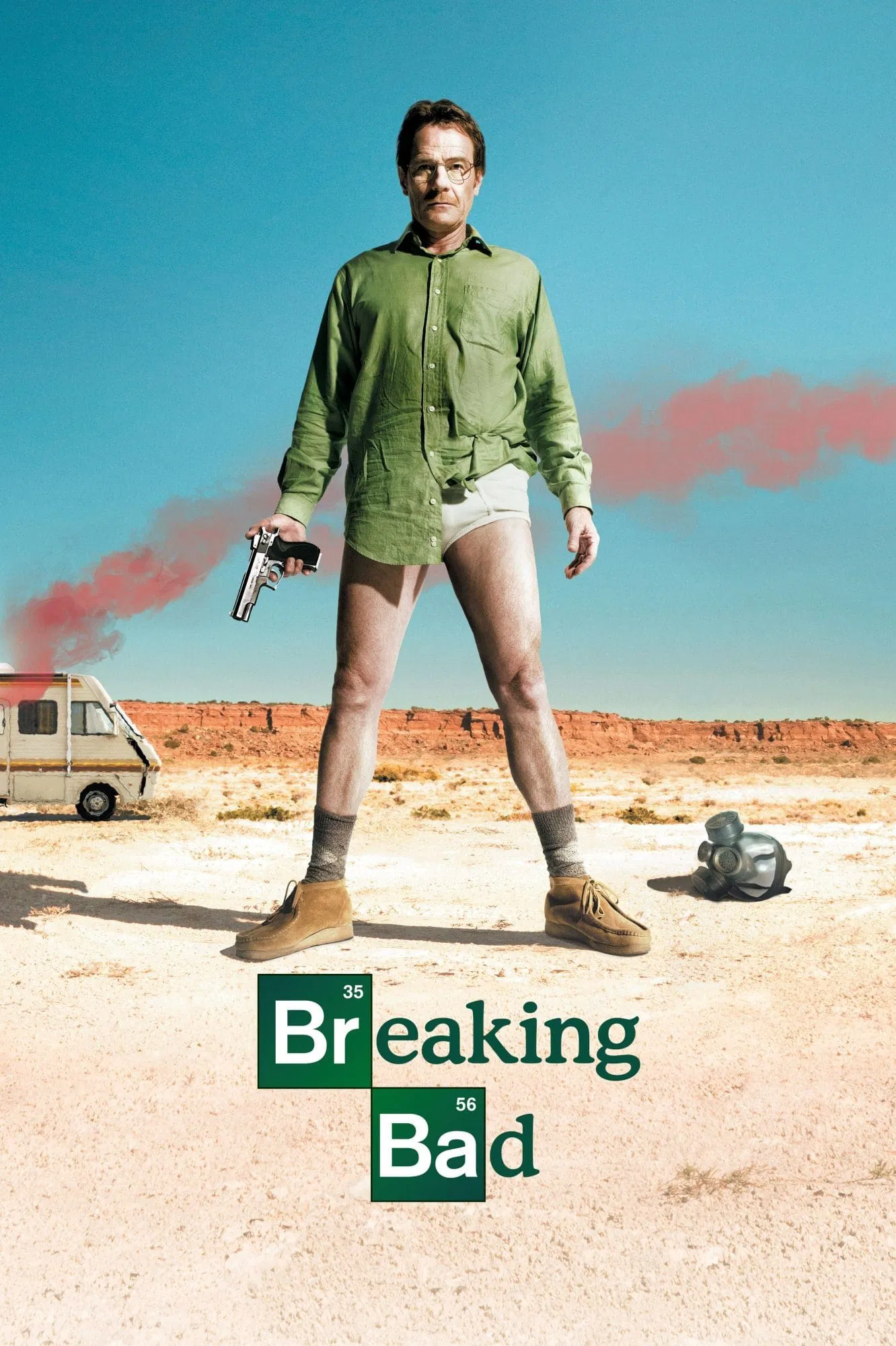
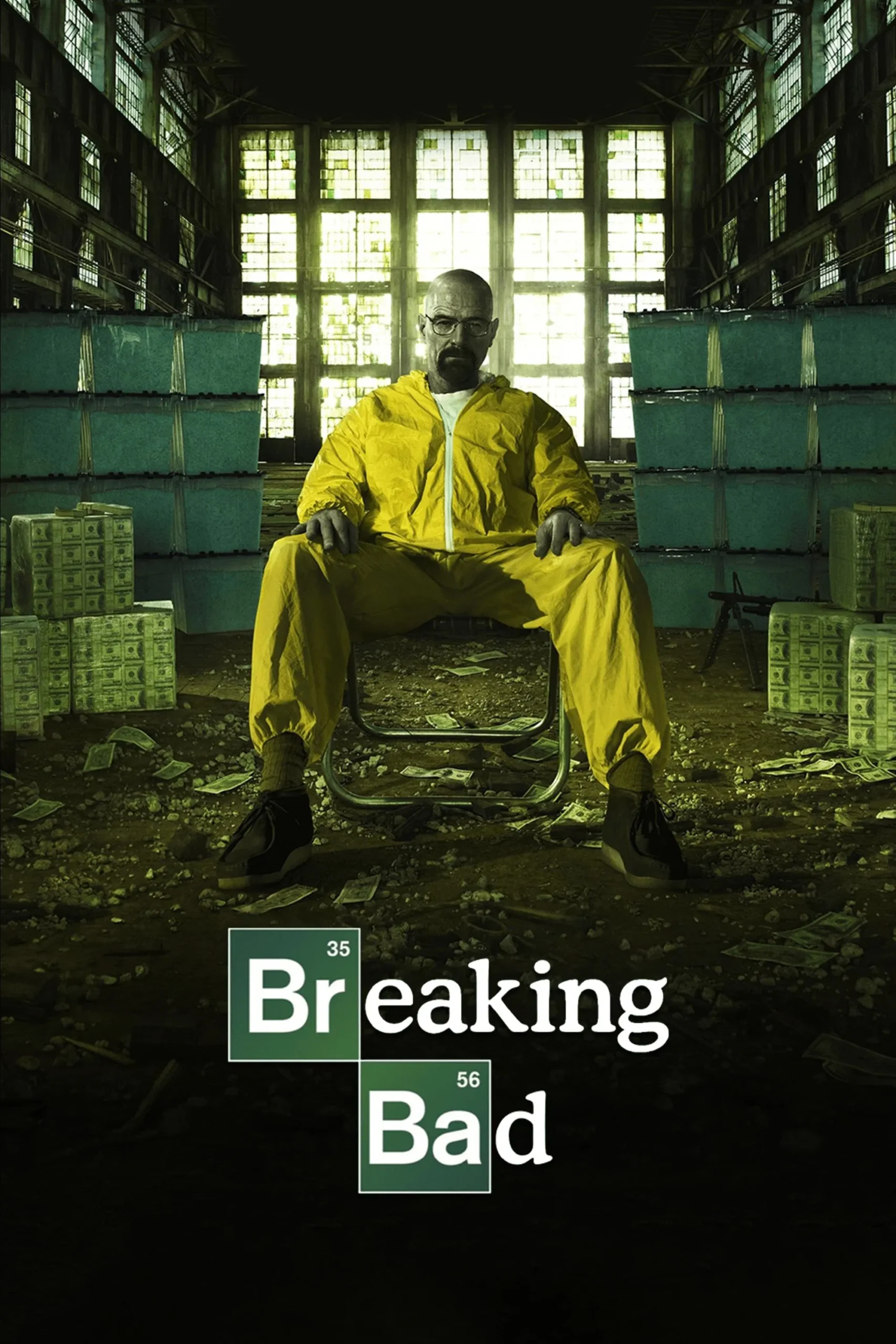
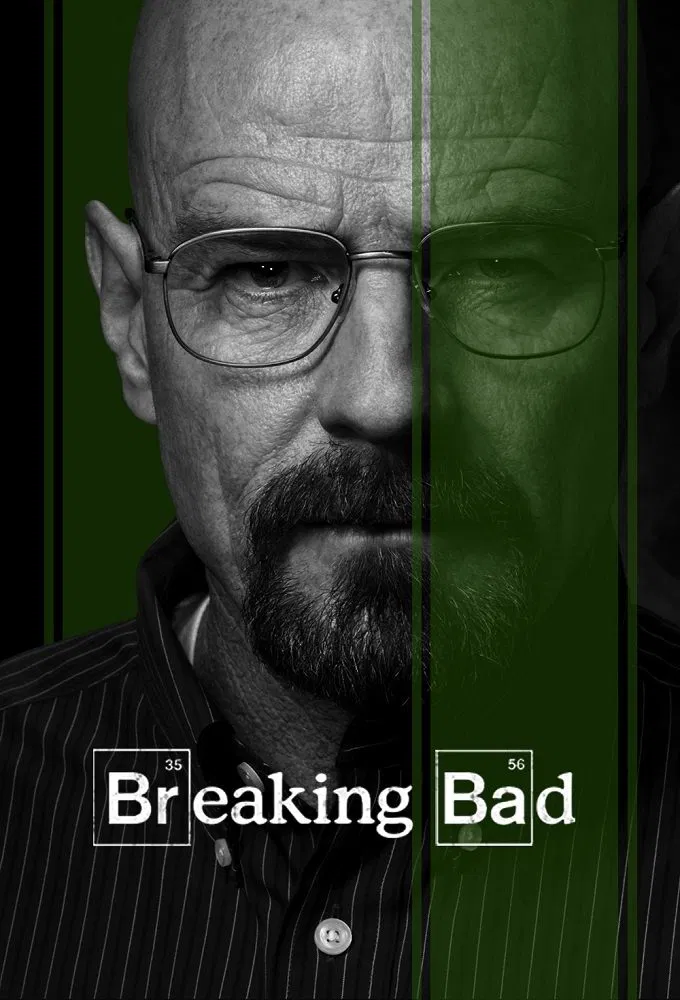
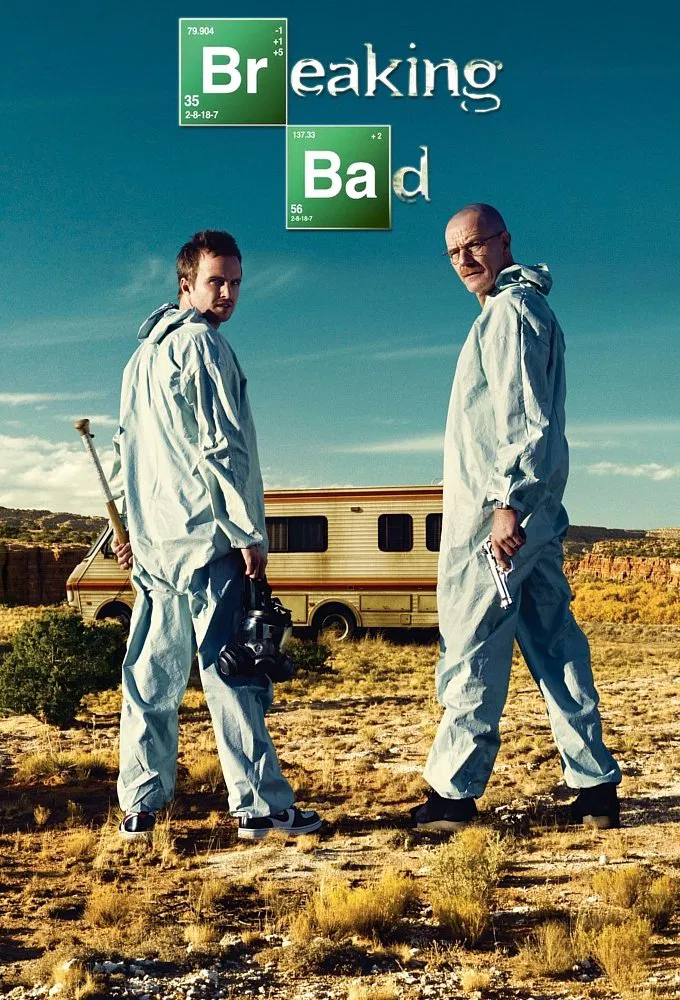
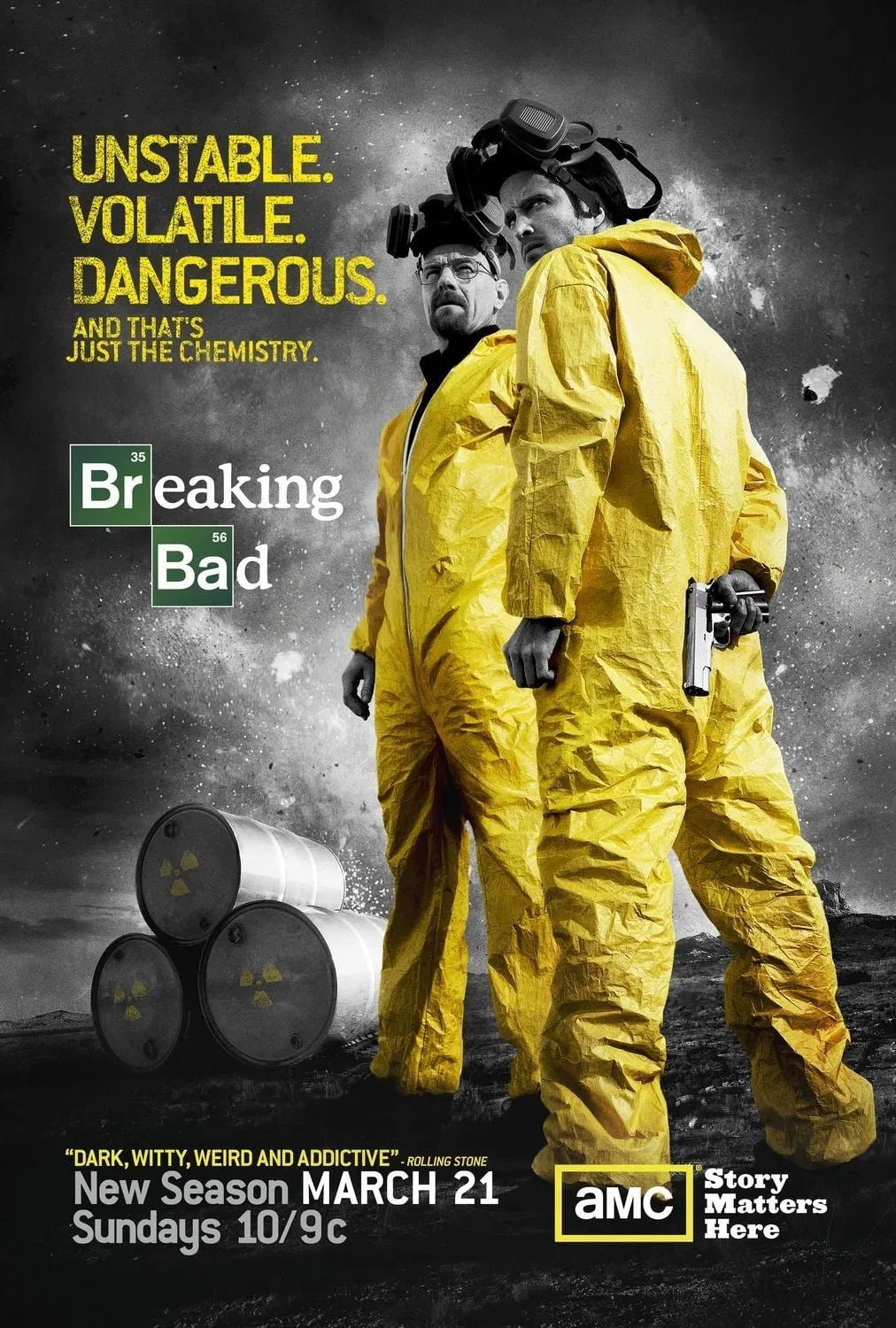
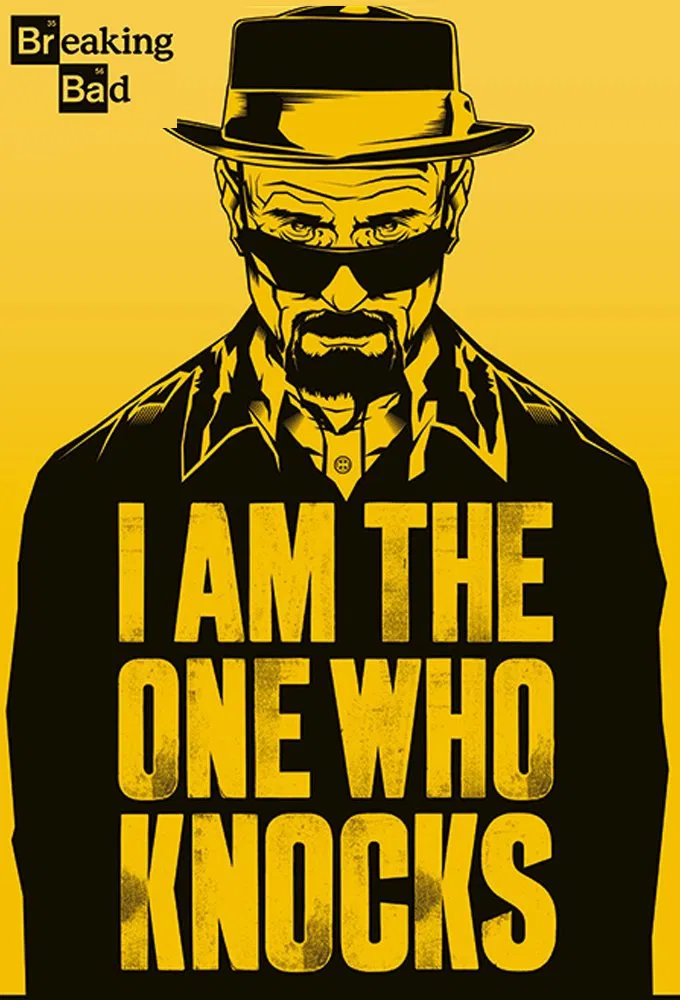
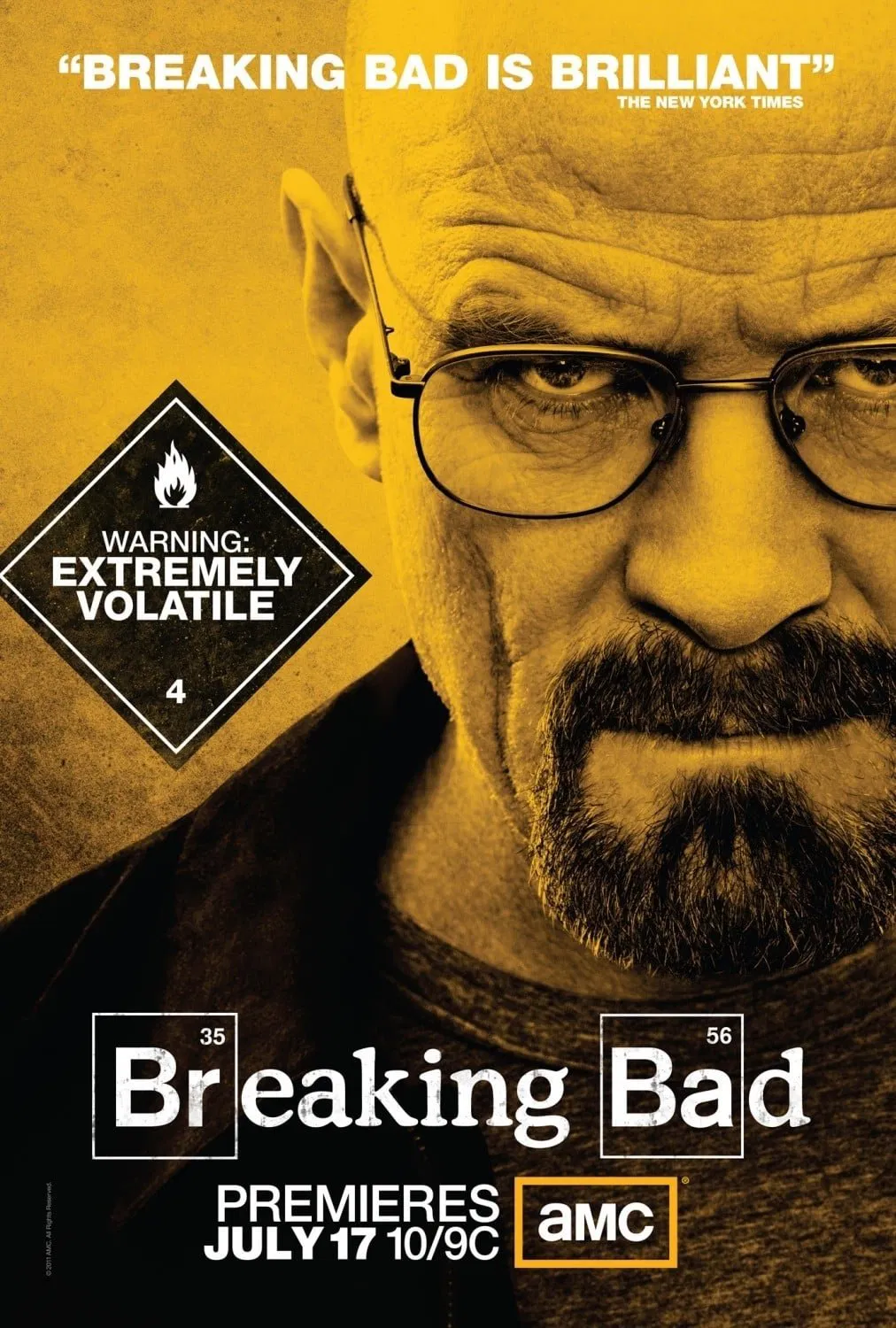
Would You Still Root for Him If You Knew This From the Start?
That's the uncomfortable question, isn't it? If Walt had opened episode one with, “I want to cook meth because I'm brilliant and bored,” would the internet have still crowned him an antihero? Or would we have labeled him what he was all along—a narcissist with a PhD and a God complex?
Final Shot
Walt didn't fall. He rose—to the occasion of his worst self. And maybe that's the real horror of Breaking Bad: It didn't ask, “What would you do for your family?” It asked, “What's the worst version of yourself you'd justify if no one stopped you?”
So… Would you still have rooted for Heisenberg if the mask was off from day one? Sound off below.

